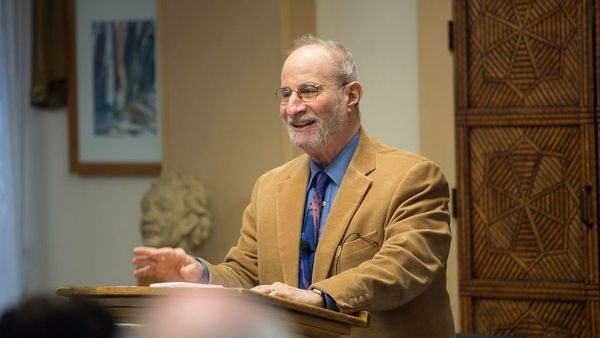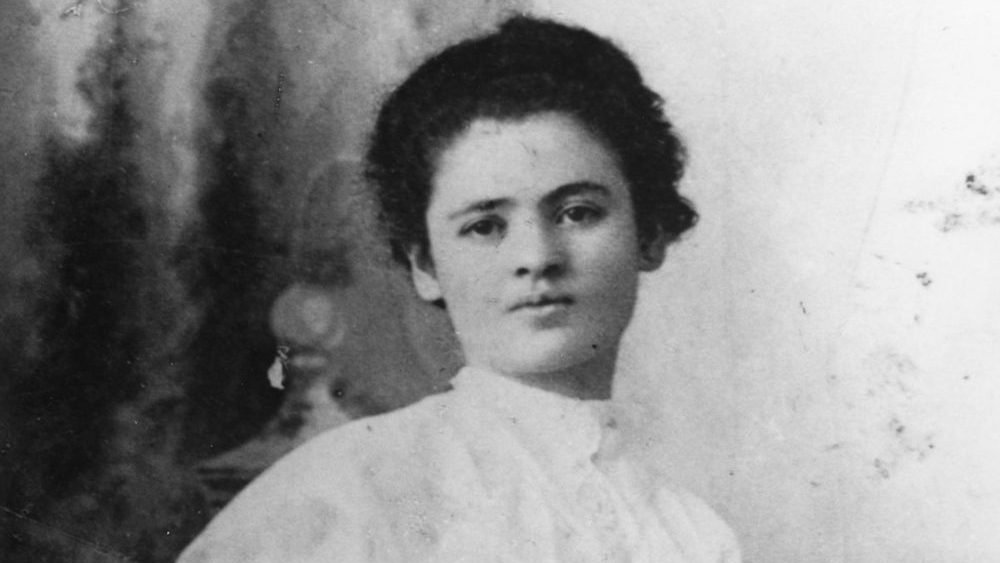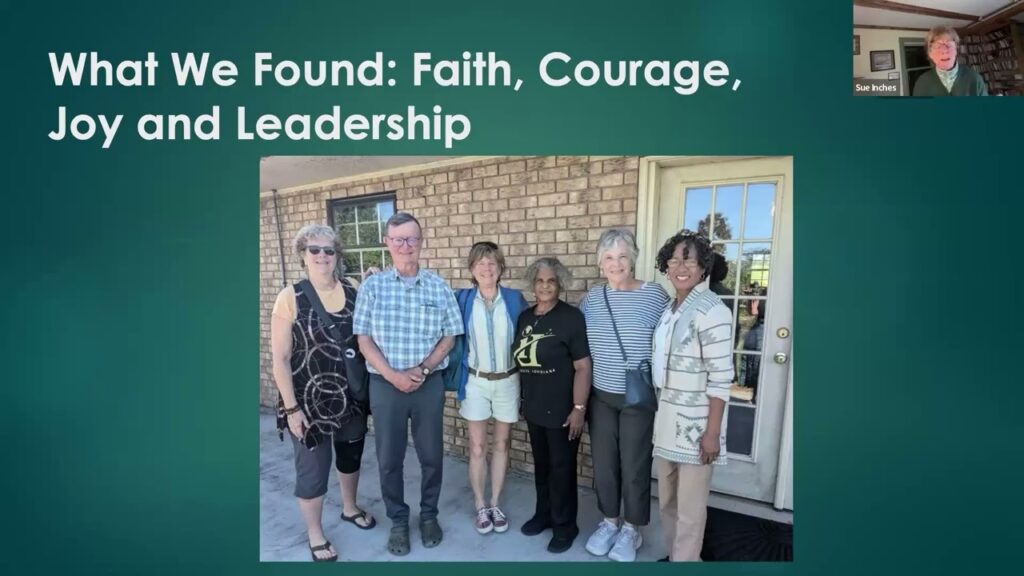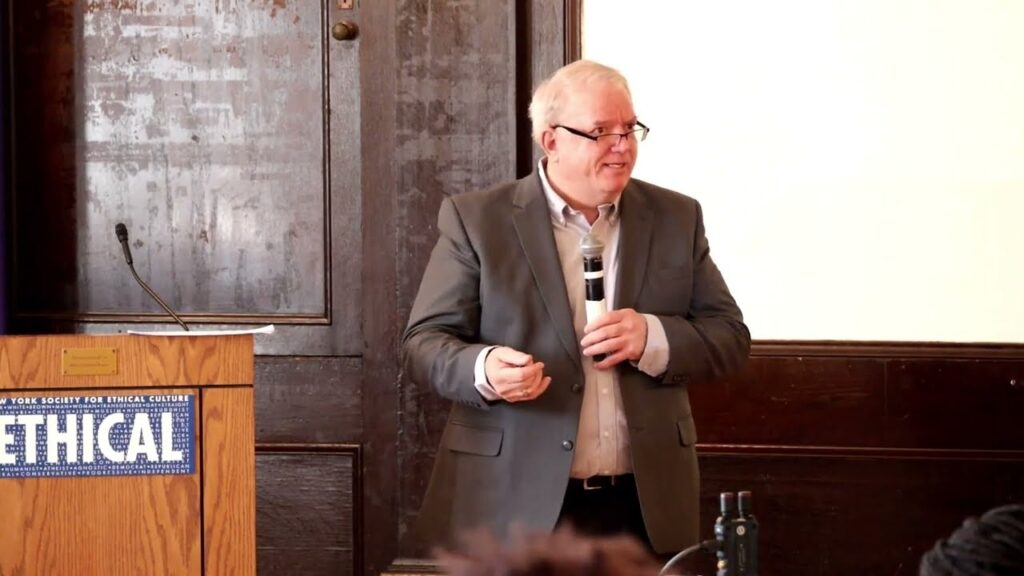
By Leader Dr. Joe Chuman
Michelle Goldberg, who writes for the New York Times, received a lot of buzz for a recent Op-Ed in which she documented the distress she and many others feel in response to the current political climate. In the piece, entitled “Democracy Grief Is Real,” she cited the testimonies of psychotherapists with regard to an increase in depression, anxiety and fear. For some it feels like grief.
All of us have lived through difficult moments in our political culture, be it the McCarthy period, the Cold War, the Vietnam War, the Civil Rights Movement, urban riots, political assassinations, the terror assaults of 9/11, and other highly disturbing events.
But the era of Trump, who is both a symptom and a cause of the current distress, is different. As Goldberg notes,
Obviously, this is hardly the first time that America has failed to live up to its ideals. But the ideals themselves used to be a nearly universal lodestar. The civil rights movement and freedom movements that came after it, succeeded because the country could be shamed by the distance between its democratic promises and its reality. This is no longer true.
I think that is exactly right. However chaotic and disruptive past political convulsions have been, however great America’s failings, there remained the cohering ideal at bottom that we stayed inspired by our nation’s founding principles and, out of those principles, we continued in our attempt to create “a more perfect union.”
But divisions and animosities have become so strident that this seems no long true. The major case in point is the current occupant of the White House, who has little regard for constitutional principles, in fact, no interests beyond feeding his own infantile narcissism, while remaining committed to turning half the nation into his enemies.
But there is more. We are in an era in which there is fading regard for the fundamental norms that are necessary to sustain any coherent society. There is an ominous assault on honesty and truth-telling, indeed, on the importance of truth itself. Reason seems impotent in the face of the power of political tribalism. The importance of evidence in supporting warranted claims to belief is given short shrift. There is diminished regard for science and for the authority of expertise. While America has always had a fascination with irrational movements and ideas, they have always found their place on the margins. But now the destructive erosion of fundamental norms that shape a coherent life have become increasing mainstream.
The membrane between the outer world and our inner lives is very porous, and when the external realm loses its coherence, we lose our internal moorings. At times it feels like we have entered an Alice-in-Wonderland reality, and is it no surprise that depression, despair, anxiety, and fear result.
Yet, we cannot succumb to despair; we need to sustain the hope that the darkness will be followed by a new dawn. As humanists we need to sustain our conviction that ahead is an open future and that there is no determinism in how current realities will play out in times to come. History is not linear. Political currents that move in one direction in one era can change course and move in the opposite direction in the next. And the darkest of times can produce a renaissance. As humanists we know that this does not happen automatically but out of the directed and willed action of those dedicated to the values we cherish most. Ethical Culture has long been committed to that action and such action itself nurtures greater hope.







